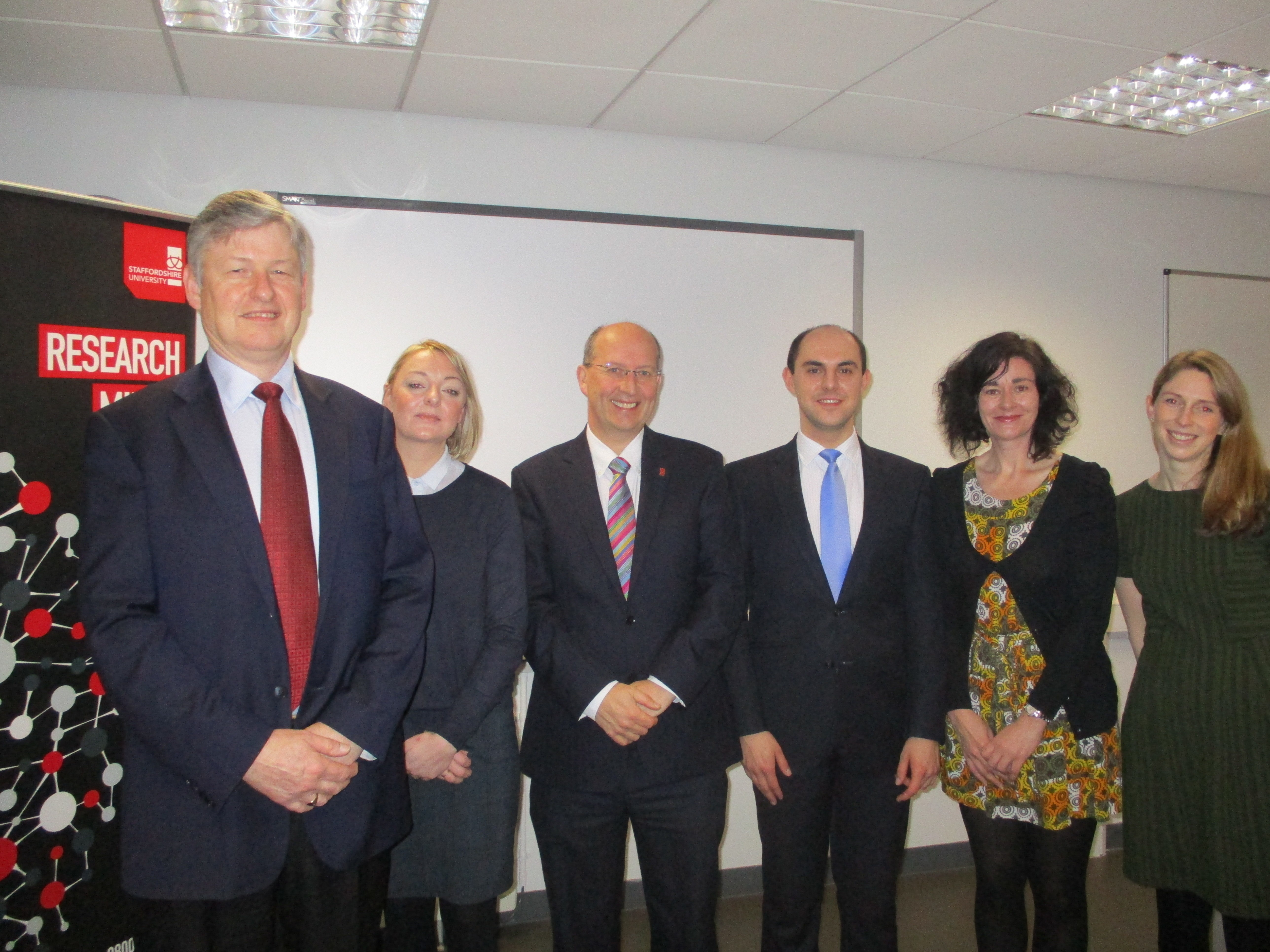 Next REF could be delayed beyond 2020
Next REF could be delayed beyond 2020
The UK’s next Research Excellence Framework could be delayed beyond its original 2020 date, a conference on the REF was told.
Article based on Research Professional:
The delay to the second Research Excellence Framework is being attributed in part to uncertainty over who will administer the exercise, given planned changes to the role of the Higher Education Funding Council for England.
HEFCE has postponed a consultation for the next REF until after the spending review, due on 25 November. This is in response to a request from the Department for Business, Innovation and Skills, which is in the midst of a major reorganisation of the UK’s research and higher education system.
Although HEFCE has a draft consultation document ready, this needs to receive the approval of the four funding councils of the UK. HEFCE is expecting to publish the final document after Christmas, with consultation starting in the New Year. It could be delayed further if BIS reduces HEFCE’s quality-related funding remit or if it asks the council to consider using metrics in the REF, which is being actively discussed in the department. The next REF could potentially still take place in 2020, but only if the consultation does open in early January, and if the department doesn’t add further, or more complex questions to the consultation.
Staffordshire University’s response to the consultation will be led by Prof Nachi Chockalingam in his capacity as Chair of the REF Planning Group.
Research Fortnight has learnt that the consultation will examine:
- the frequency of REF exercises,
- the appropriate number of panels and
- whether impact case studies that continue to deliver impact could be resubmitted.
HEFCE is also understood to be considering allowing existing case studies with added value to be submitted again. The council is believed to be going to allow institutions to submit materials dated from 1 January 2014.
The Russell Group of research-intensive universities has publicly advocated a decadal REF, saying that this would significantly reduce costs. However, some smaller institutions regard a longer gap as detrimental to their interests, as they may have to wait longer for increased funding.











